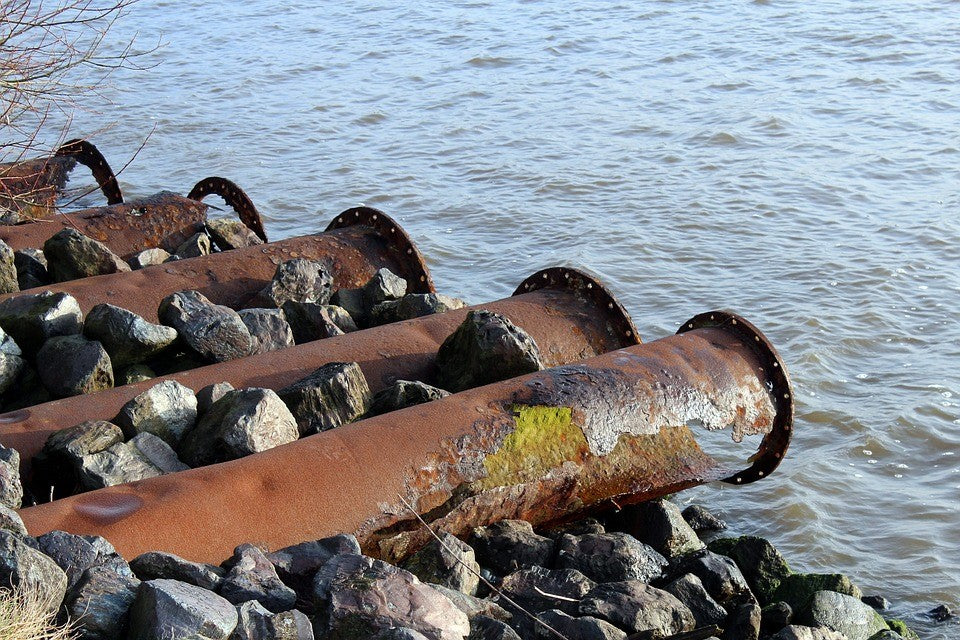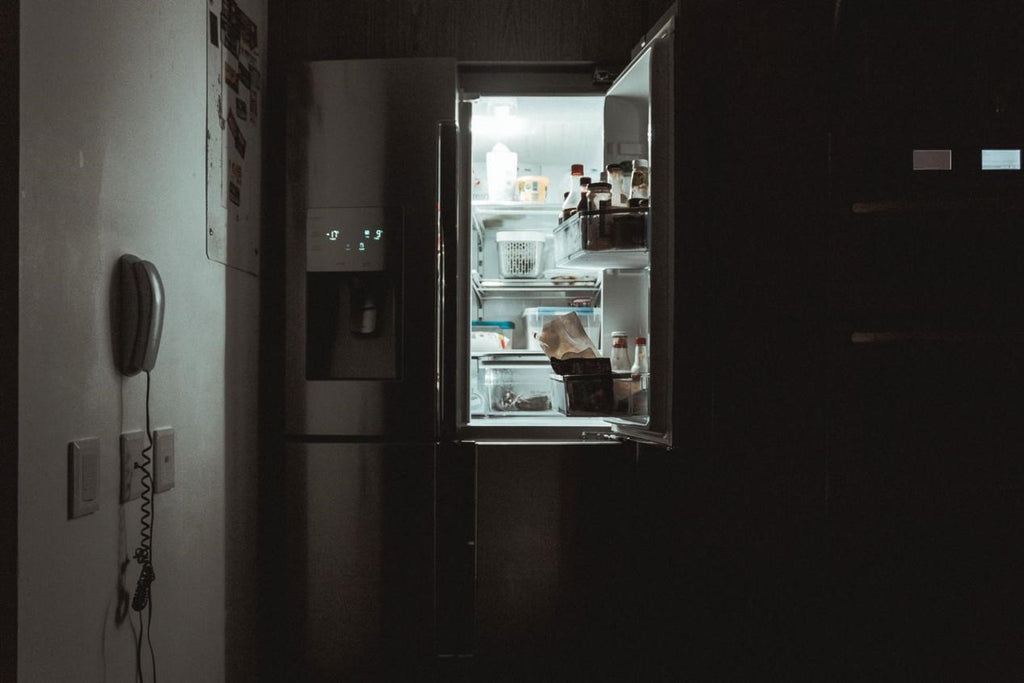 |
| Clear water |
“Do refrigerator water filters really work?” consumers often ask, with the hope of making sure whether the tools they bought are effective at removing contaminants from tap water or not.
This is natural, especially since most refrigerator water filters don’t come cheap - costing buyers at least $120 per year, an possible economic burden for ordinary American families.
As an industry professional, I can tell you that “Refrigerator water filters certainly work, as long as yours are acceptable products.” In the following part of this post, I’d like to explain as detailedly as possible to you why I hold the opinion.
Above all, let’s have a look at what makes up most refrigerator water filters on the market.
Several years of survey shows that most refrigerator water filters contain activated carbon inside of them. This substance works like a magnet, attracting contaminants and trapping particles in tap water. After the absorption process, the water would be cleaner and free from pollution.
The main disadvantage is that they can eventually be clogged up with impurities and have to be replaced. That means there’s an ongoing (and sometimes considerable) cost.
To ensure the safety of your drinking water, I recommend you to change your refrigerator water filter every six months or 200-300 gallons of water.
It should be especially pointed out is that no refrigerator water filters are perfect. Certain types of refrigerator water filters remove specific contaminants, so make sure to choose one that will remove the contaminants that are common in your local tap water.
Most refrigerator water filters offer little protection against the following:
Arsenic
Beryllium
Chromium
Fluoride
Nickel
Sulfates
Barium
Cadmium
Copper
Mercury
Selenium
Thallium
Depending on where you live, these heavy metals and inorganic compounds might not even be present in your tap water. However, if they are, you might consider specialized refrigerator water filters in view of your and your family’s health.
Now that you have the facts about refrigerator water filters, it’s time to make a decision.
To save money without sacrificing quality, I highly recommend you to purchase the NSF-certified Glacial Pure refrigerator water filters.
These tools’ activated carbon is made up with Sri Lankan coconut shell, a substance that is able to filter out 97% contaminants of tap water, including the unmanageable chlorine and fluoride.
If you’re considering about replacing refrigerator water filters, feel free to place a order on the shopping site of Glacial Pure. I believe you will have one of the best and most economical online shopping experience by trusting this brand!















